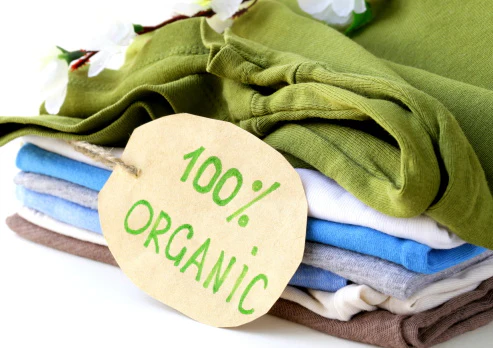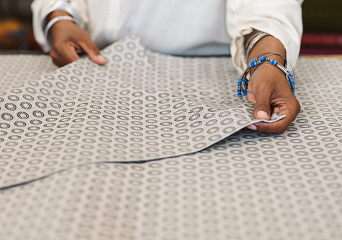


Eco-friendly fabrics are designed to minimize environmental impact throughout their lifecycle. Made from natural, renewable resources like organic cotton, hemp, and bamboo, these materials are grown without harmful pesticides or synthetic fertilizers, reducing soil and water pollution. They are biodegradable, meaning they won’t linger in landfills for decades. By choosing sustainable fabrics, consumers can reduce their carbon footprint and support ethical farming practices.
Organic fabrics are derived from plants grown without harmful chemicals, ensuring a safer, toxin-free option for consumers. Fabrics like organic cotton, linen, and hemp are cultivated using sustainable agricultural practices that protect ecosystems and conserve biodiversity. Organic fabrics are gentle on sensitive skin and ideal for those seeking hypoallergenic options.


Biodegradable fabrics are designed to decompose naturally, breaking down over time without releasing harmful chemicals. Unlike synthetic fabrics like polyester, which can persist in landfills for hundreds of years, materials such as organic cotton, wool, and silk return to the earth within months or years. This reduces the strain on waste management systems and minimizes pollution.